Top 28 Startups transforming Waste into Sustainability With Solar Panel Recycling
Author: Vikas Kumar
15 July 2024
The solar panel recycling is an emerging sector driven by the growing adoption of solar energy and the increasing number of decommissioned solar panels reaching the end of their operational life. As the lifespan of solar panels ranges from 20 to 30 years, there is a rising need for effective recycling solutions to manage the growing volume of retired panels and recover valuable materials. Solar panel recycling encompasses various stakeholders, including recyclers, manufacturers, policymakers, and research institutions. Recyclers are developing innovative techniques to efficiently dismantle and process end-of-life solar panels, aiming to extract valuable materials like silicon, glass, aluminum, and copper for reuse in new panel production or other industries. These materials not only reduce the demand for virgin resources but also contribute to cost savings and environmental sustainability. Moreover, the growing awareness of environmental issues and the importance of circular economy principles are encouraging stakeholders to invest in recycling infrastructure and develop closed-loop supply chains for solar panels. However, several challenges exist within the solar panel recycling. One major challenge is the lack of standardized recycling methods and regulations, leading to inconsistency in recycling practices across different regions. Additionally, the design complexity and heterogeneity of solar panels pose challenges for recyclers in efficiently recovering materials.
Unlock Insights into the Solar Panel Recycling Market – https://univdatos.com/get-a-free-sample-form-php/?product_id=53779
Moreover, the economics of solar panel recycling remain a concern, as the value of recovered materials may not always offset the costs of recycling, particularly for older or less efficient panels. Looking ahead, the solar panel recycling is poised for significant growth as the solar energy industry continues to expand globally. To capitalize on this growth opportunity, stakeholders must collaborate to develop standardized recycling processes, improve technology, and establish effective regulatory frameworks to support a sustainable and economically viable solar panel recycling ecosystem. By doing so, the industry can minimize environmental impact, conserve resources, and foster the transition towards a more sustainable energy future.
Solar Panel Recycling Startups includes a competitive landscape with key players such as
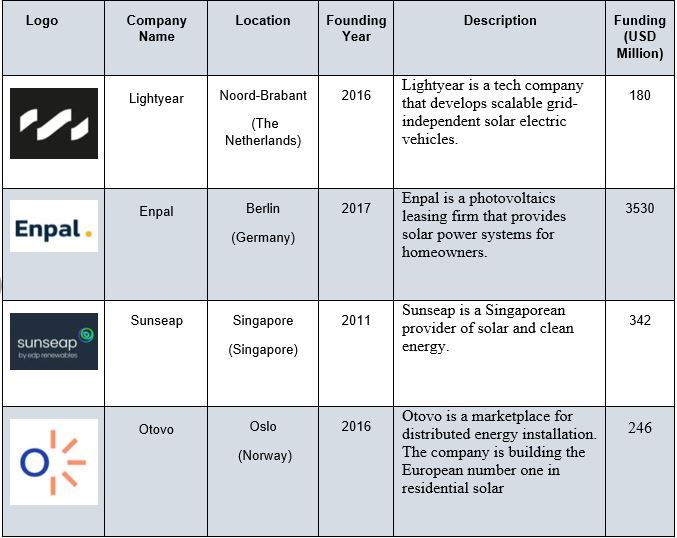
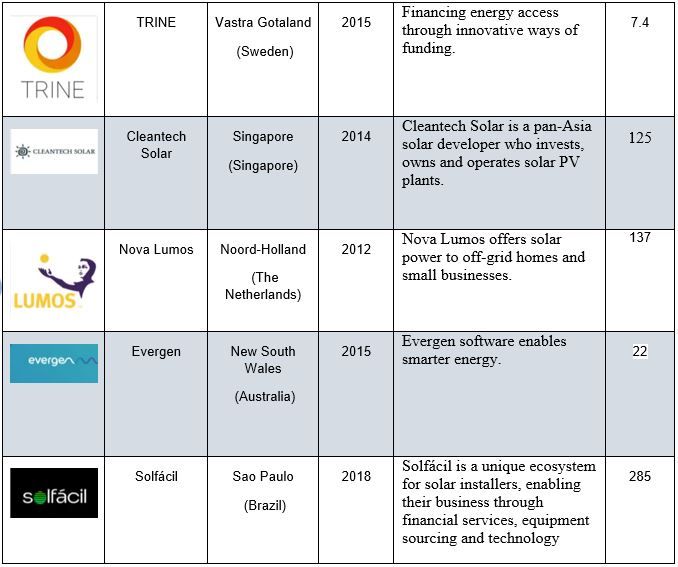

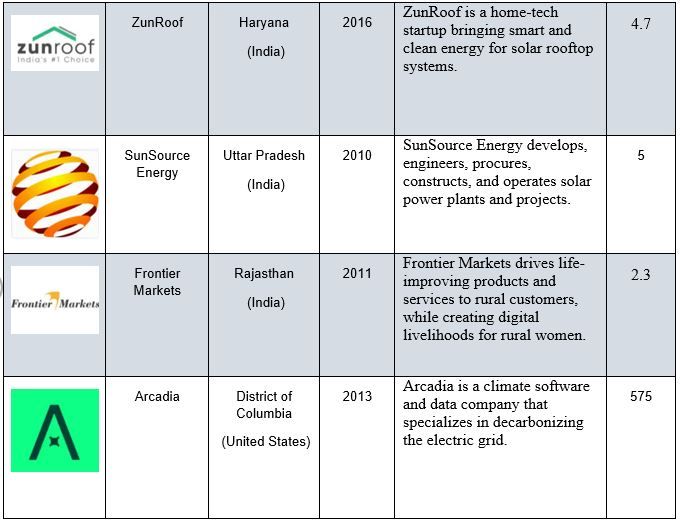
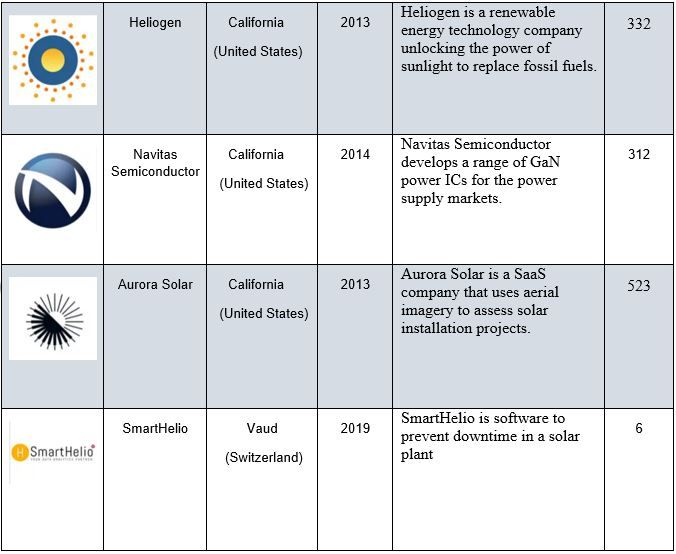
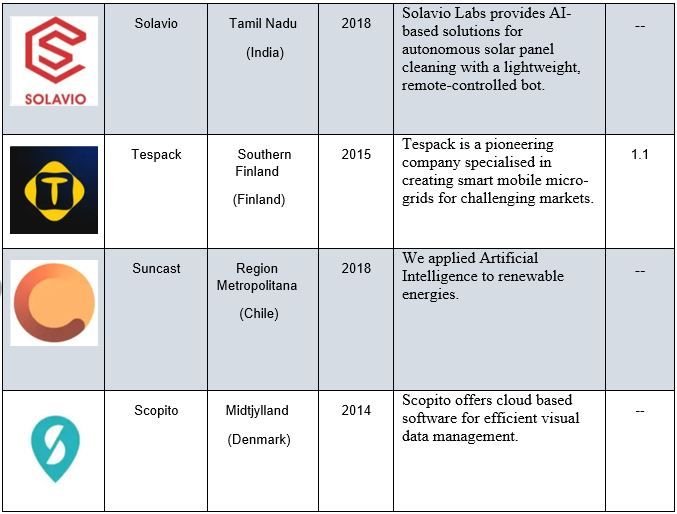
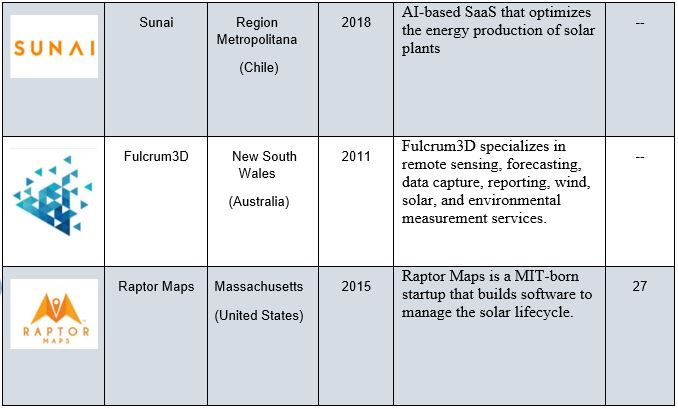
Key Developments
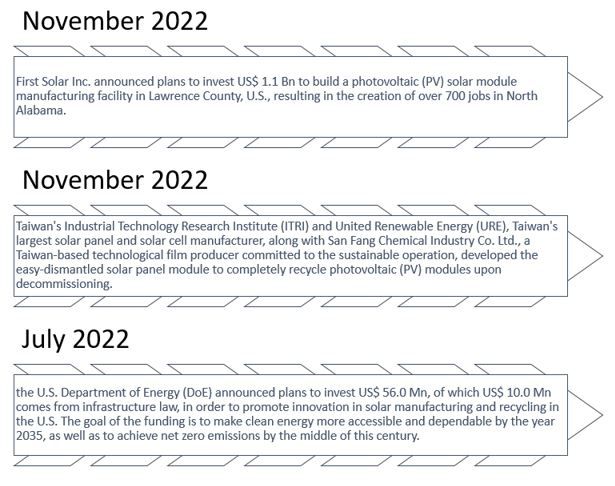
Conclusion
The solar panel recycling market is at a critical juncture, poised for significant expansion as the renewable energy landscape continues to evolve. With solar energy playing an increasingly vital role in global efforts to mitigate climate change and transition to a low-carbon future, the management of end-of-life solar panels has become a pressing concern. However, the recycling of solar panels presents unique challenges due to the diverse materials used in their construction, as well as the complexity of their design. Innovations in recycling technologies, including robotic automation and advanced sorting techniques, are therefore essential to improve efficiency and reduce costs. Regulatory initiatives also play a crucial role in driving the growth of the solar panel recycling market. Policies such as extended producer responsibility (EPR) schemes and recycling targets incentivize manufacturers to take responsibility for the end-of-life management of their products and invest in recycling infrastructure. Moreover, as awareness of environmental issues grows, consumers and businesses alike are increasingly prioritizing sustainability and seeking out eco-friendly products and services, further driving demand for solar panel recycling. Looking ahead, collaboration among stakeholders will be essential to address these challenges and unlock the full potential of the solar panel recycling market. Manufacturers, recyclers, policymakers, and research institutions must work together to develop standardized recycling processes, improve technology, and establish effective regulatory frameworks. By doing so, the industry can ensure a sustainable and economically viable solar panel recycling ecosystem, contributing to the advancement of a circular economy and the transition to a more sustainable energy future and as per their “Global Solar Panel Recycling Market is expected to reach USD 1,069.02 Million in 2030 by growing at a CAGR of 28%. during the forecast period from 2023 – 2030 to reach USD 1069 Million by 2030.
Related Articles
Get a call back
